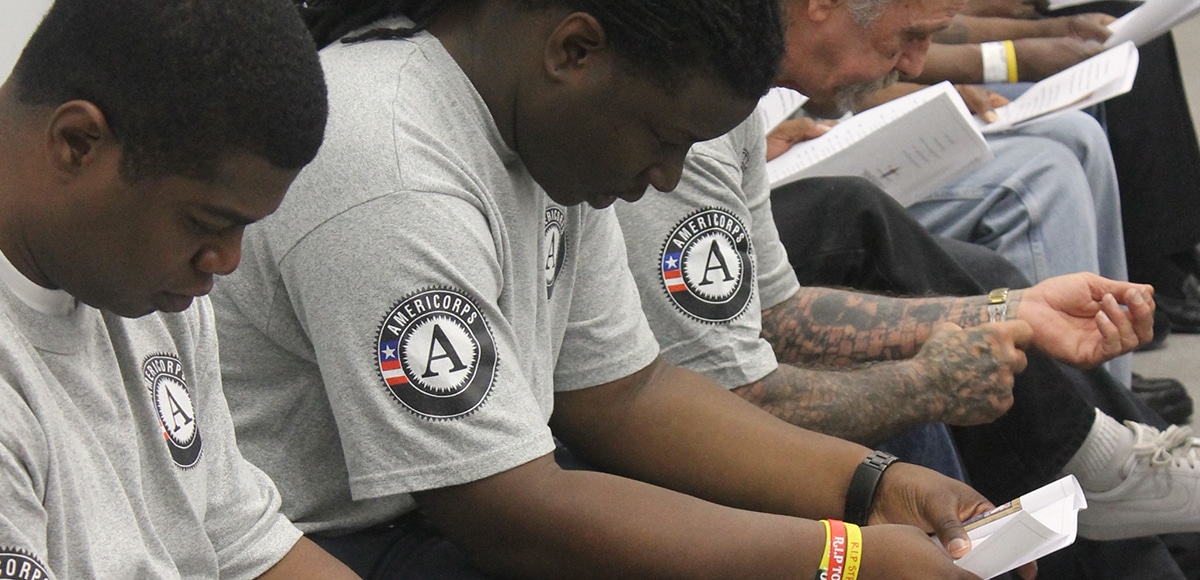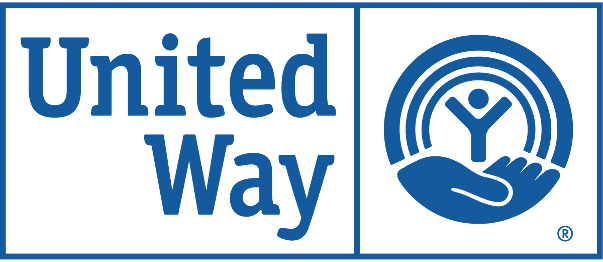For many prisoners at the Louisiana State Penitentiary (also known as Angola), the thought of entering back into society is such a far off dream that the idea is often forgotten.
With roughly 71 percent of inmates serving life sentences and the majority of prisoners serving more than 10 years, it’s possible to lose the motivation to prepare for release while serving time. However, for some prisoners, a release date will eventually approach. Sometimes, this date might even come as a complete surprise, with just a few days to prepare.
The Challenges of Re-Entry
For those who have not experienced imprisonment, re-entry might be thought of as the final chapter in a prison sentence. In reality, re-entry is just the start of a hard road and is often more challenging than serving time–while in prison family ties often diminish, housing is lost, and job prospects seem unattainable with a felony charge.
With the challenge of adjusting to a “normal” life ahead, these obstacles make rejoining society very difficult. Because of this, the choice to revert to illegal activities becomes a tempting option.
All of these obstacles make the first 72 hours following release one of the most critical points in the life of a previously incarcerated individual. Catholic Charities’ Re-Entry 72 program provides immediate support, housing and a job for returning inmates in order to reduce recidivism.
Why Does Recidivism Occur?
In the state of Louisiana, roughly 15,000 prisoners are released each year. Within five years, nearly 50 percent of those individuals will re-offend and be sent back to prison.
Many of these re-offenses occur within the first 72 hours of an individual being released. However, if released prisoners can find and hold a job for three years, that rate drops by more than 50 percent.
Why is this? Some prisons send inmates back into society with only a bus ticket and the belongings they came into prison with. If that individual has lost their connection to family, chances are they don’t have a place to live. With a felony charge, procuring a job becomes even more difficult.
Clearly, this transition period is filled with stressors that might cause an individual to break the law. As Leo Jackson (who has experienced re-entry and is now Cornerstone Builders’ Assistant Program Director) described, “The first 72 hours is the most critical time for a person transitioning out of prison. It’s during that time a decision is going to be made whether he goes back to the streets or he is going to pursue a legitimate life.”
Re-Entry 72 aims to eliminate as many obstacles within the first 72 hours as possible.
The Impact of Re-Entry 72 on Reducing Recidivism
Kaven Donald, a graduate of our Cornerstone Builders program, was imprisoned in the early 1980s for a minor heroin charge and received two life sentences.
After years of legal work, Kaven’s sentence was reduced and he was set to be released in 2012. As Kaven says, “I was ready to go. But I was 1980s ready, not 2012 ready.”
Kaven’s anxiety about rejoining society is not uncommon. Luckily, Kaven was contacted in the days leading up to his release by the Re-Entry 72 program. Program coordinators helped Kaven prepare for his release, found him temporary housing and set him up with a job.
When it was time to re-enter society, Kaven felt prepared, supported and had no desire to revert back to the life he once lived. After completing the Re-Entry 72 program, Kaven went on to participate in Cornerstone Builders.
After graduating this 100-hour program, Kaven now works full time with Catholic Charities’ Food for Families program, lives with his daughter and attends church regularly.
A Holistic Support System
There’s no doubt that the transition from years spent in prison to “normal” society is challenging. The emotional toll that this experience can take on a released prisoner can trigger old, destructive behaviors.
Catholic Charities’ Re-Entry 72 program aims to build a holistic support system that will guide an individual to a normal and successful life. Whether it is mental health and substance abuse counseling, legal aid, food, or clothing, the Re-Entry 72 will connect former inmates to whatever resources are available and necessary for success.
Last year, the Re-Entry 72 program served 60 newly released prisoners. Our program aims to help even more individuals and we rely on the donations of people who believe in the program to help it grow.






